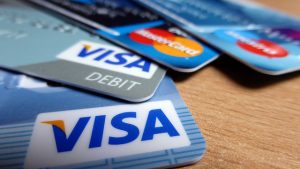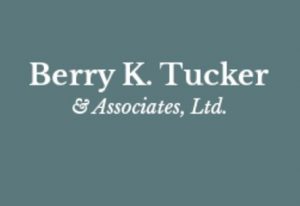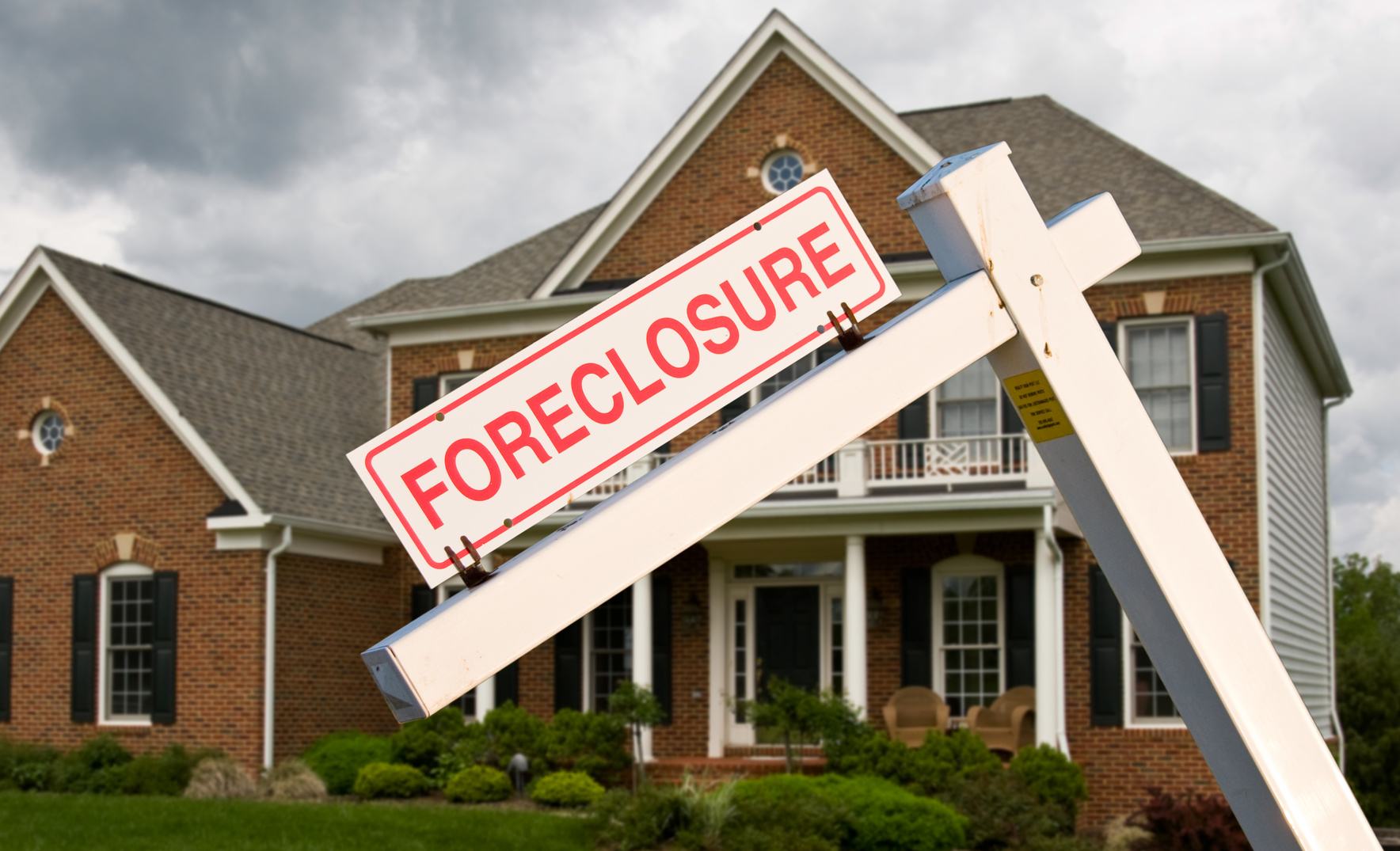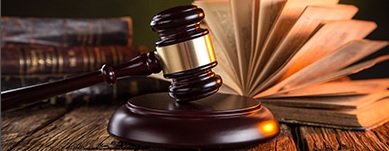Filing for bankruptcy can be a complicated process. While some individuals may represent themselves and file on their own, hiring a qualified bankruptcy attorney is a prudent decision. Upon hire, clients may question whether or not it makes a difference to switch bankruptcy attorneys mid-case.
Consider Under Which Chapter to File for Bankruptcy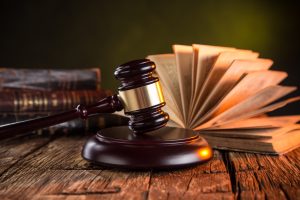
Individuals who file for bankruptcy on their own (called filing pro se) should be prepared to conduct thorough research on the laws pertaining to their case. In complex cases and whether it is a Chapter 7 or Chapter 13 bankruptcy, filers should strongly consider hiring a bankruptcy attorney.
A Chapter 7 bankruptcy can be simple enough for an individual to file pro se. Some bankruptcy lawyers feel they are unqualified to handle the complexity of Chapter 13 cases and limit their practice to handling only Chapter 7 bankruptcies.
Filing a Chapter 13 bankruptcy case pro se can result in failure. Most Chapter 13 bankruptcy cases filed pro se are dismissed by the courts. Due to filing bankruptcy motions and submitting paperwork with the courts, individuals are advised to hire a bankruptcy attorney for a Chapter 13 bankruptcy.
Once an individual decides to hire a bankruptcy attorney, locating a qualified one is the next step. Recommendations from friends and family often lead to reputable professionals. Websites, like the American Bar Association, are also informative and can point filers in the right direction.
Interviewing a handful of certified attorneys who specialize in bankruptcy and belong to the National Association of Consumer Bankruptcy Attorneys is next. The interview process will reveal the number and types of bankruptcy cases they have tried. Complex cases may require the resources of large firms.
Upon settling on a bankruptcy lawyer who listens and appears trustworthy, the professional relationship begins. The lawyer will take steps to initiate the bankruptcy case. Keep in mind that the ideal attorney-client relationship is one of confidence, respect, diligence, and communication.
-
Changing attorneys due to unprofessionalism makes a difference.

At any point, if communication, trust, or professionalism break down, clients may be wise to change attorneys—even mid-case. It is critical for the bankruptcy attorney to perform the job skillfully. When professional expectations are unmet, it makes sense to change bankruptcy attorneys.
In this instance, changing an underperforming bankruptcy attorney mid-case is justified and will make a considerable difference in the outcome of the case. Be aware that bankruptcy mills exist. Lawyers at high-volume bankruptcy law firms may appear at hearings unprepared or fail to timely file documents.
Such unprofessionalism can lead to unfavorable results. Even worse, untrustworthy bankruptcy lawyers may only be involved in the case for a quick closing rather than interest in the client’s predicament. Warning signs like these should prompt a client to switch bankruptcy attorneys right away.
-
Changing attorneys due to contractual failure makes a difference.

Changing bankruptcy attorneys mid-case makes a difference when the professional does not follow the contract or fails to do what is necessary within the bankruptcy case. If a lien needs to be removed, and the original attorney is reluctant to do so, the lien may remain despite the bankruptcy filing.
In the aforementioned example, a client should switch bankruptcy attorneys to a professional who is willing to bring the proper motion and remove the lien. Similarly, if an attorney is unwilling to petition the court for relief, it is sensible to find a professional who will bring the proper motion.
When cases are proceeding accordingly, it makes no difference to change bankruptcy attorneys mid-case. In a Chapter 13 bankruptcy case that is moving forward without incident, there is little if any benefit in switching attorneys midpoint, especially since the lawyer brought the client this far.
-
Changing attorneys due to legal fees makes a financial difference.

A debtor might seek to change a bankruptcy attorney to save on legal fees. A confirmed Chapter 13 case may be well underway, when converting to a Chapter 7 bankruptcy is suggested. A client may seek the services of a less expensive lawyer to convert the case, thereby saving costs.
Expense is one of the major factors when initially hiring a bankruptcy attorney or deciding to stick with one. Choosing an attorney whose fees are compatible with the client’s budget will be the best option. Remember that the definition of “reasonable attorney fees” can vary amongst professionals.
Clients who wish to change attorneys mid-case usually seek different legal counsel or aim for another outcome. Continuing the relationship with the original attorney is advised, however. Another lawyer may recommend sticking with the original professional because it is futile to switch for these reasons.
When seeking a bankruptcy lawyer, it is advisable to settle on a professional who is able to help with the case. The right attorney will advise the client under which chapter to file, whether debts can be discharged, about the tax consequences of filing and explain bankruptcy law and procedures.
Work with Berry K. Tucker & Associates, Ltd.
Clients will find a reputable bankruptcy attorney who meets all these aforementioned criteria when they consult Berry K. Tucker & Associates, Ltd. We offer over 50 years of legal experience. Berry Tucker is a knowledgeable bankruptcy attorney and provides sound legal advice.
Berry K. Tucker & Associates, Ltd., is experienced in handling both Chapter 7 and Chapter 13 cases. Whether your situation involves a car repossession, credit card debt or medical debt, our legal counsel helps clients make the best financial decisions.
We are also knowledgeable about the continually changing bankruptcy laws in the state of Illinois. Berry Tucker stays up-to-date on the many Illinois bankruptcy laws, which enables us to properly advise our clients of all their legal options.
Berry K. Tucker & Associates, Ltd. handles bankruptcy cases with careful attention to detail. Whether you need to set up an effective repayment plan or require legal assistance to stop a foreclosure judgment, our bankruptcy lawyers are available.
Contact Us
If you are in Oak Lawn, IL or the surrounding areas, call us for expert legal counsel at 708-425-9530.





 Fortunately, people who file for bankruptcy, whether it is Chapter 7 or Chapter 13, can still make financial ends meet during the holidays. Celebrating the joys of the season takes strategy and planning, even for individuals stuck on a rigid monthly repayment plan for the next three to five years.
Fortunately, people who file for bankruptcy, whether it is Chapter 7 or Chapter 13, can still make financial ends meet during the holidays. Celebrating the joys of the season takes strategy and planning, even for individuals stuck on a rigid monthly repayment plan for the next three to five years.

 Berry K. Tucker & Associates, Ltd. have handled Chapter 7 bankruptcy cases involving car repossessions, credit card debt, medical debt, and home foreclosure judgments. We also represent clients filing for Chapter 13 bankruptcy and help them set up effective repayment plans.
Berry K. Tucker & Associates, Ltd. have handled Chapter 7 bankruptcy cases involving car repossessions, credit card debt, medical debt, and home foreclosure judgments. We also represent clients filing for Chapter 13 bankruptcy and help them set up effective repayment plans.